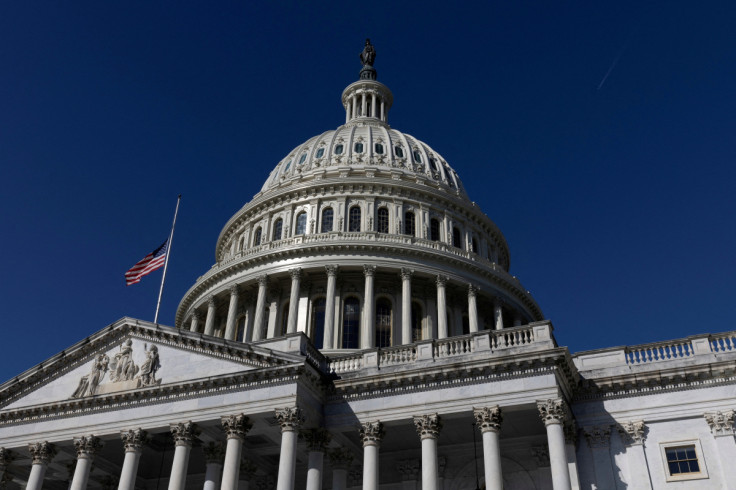US Lawmakers Hope Ukraine Can Fight Russia With Russian Assets

Republican and Democratic members of the U.S. Congress introduced legislation on Thursday that would make it easier for Ukraine to fund its fight against Russian invaders by using seized and frozen Russian assets.
The U.S. Congress has approved more than $100 billion in military, humanitarian and economic aid for Ukraine since Russia invaded in February 2022. While leaders of both parties insist U.S. support for the Kyiv government remains strong, some members of Congress have questioned how long that level of aid can continue amid calls to clamp down on government spending.
The bill's sponsors said their intention is to ensure Moscow pays for damage caused by the invasion, not U.S. taxpayers.
"Over a year into Russia's full-scale war against Ukraine, more than $300 billion in Russian sovereign assets remain frozen globally," said Senator Jim Risch, the top Republican on the Senate Foreign Relations Committee and a sponsor of the bill.
"Given Russia's brutality and continued war crimes against the Ukrainian people, it is only right that Russian government funds in the United States be seized and repurposed to help Ukraine rebuild its country," he said.
Among other things, the Rebuilding Economic Prosperity and Opportunity (REPO) for Ukrainians Act introduced in the Senate and House of Representatives would give the U.S. president the authority to confiscate Russian assets frozen in the United States and transfer them to help Ukraine.
It also would bar the release of funds to sanctioned Russian entities until Russia withdraws from Ukraine and agrees to provide compensation for harm caused by the war.
The bill's other Republican sponsors include Representative Michael McCaul, chairman of the House Foreign Affairs Committee and Representatives Joe Wilson, Thomas Kean and Brian Fitzpatrick.
Democratic sponsors include Senator Sheldon Whitehouse and Representative Marcy Kaptur, a co-chair of the Congressional Ukraine Caucus, as well as Representatives Steve Cohen and Mike Quigley.
© Copyright Thomson Reuters 2026. All rights reserved.





















